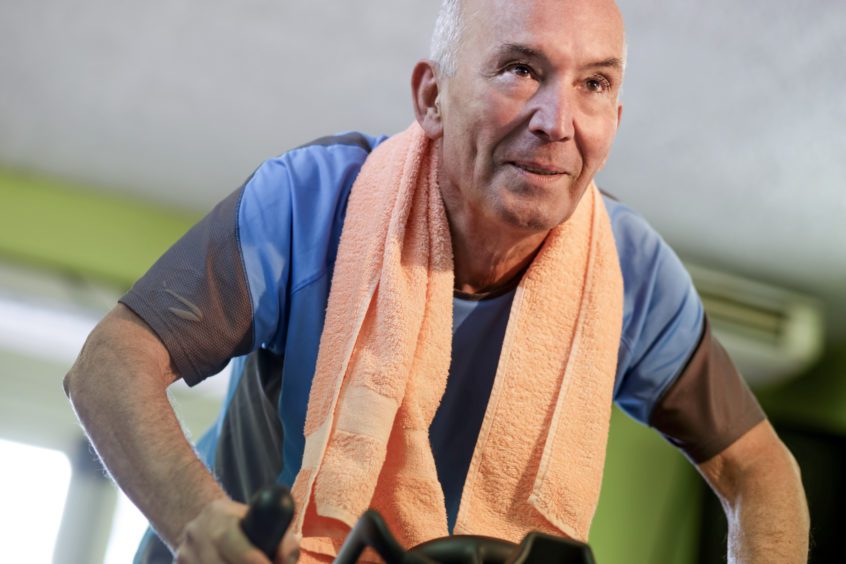What’s one of the biggest enemies of hearing aids?
The answer is simple—moisture.
Why is that a problem? A hearing aid is a small, digital device that has a shell consisting of a thin, but durable plastic shell. Inside the hearing aid shell is some of the world’s smallest digital equipment. Hearing aids allow sound to be picked up, processed, and amplified. The highly engineered digital signal processing unit inside the hearing aid has more computing power than some of the early NASA computers. All of this is configured to run on a little more than one volt of power. The tiny components of a digital hearing aid, including the case, can fail with use over time and may need repair or replacement. And unfortunately, hearing aids aren’t waterproof, so when these sophisticated components are exposed to moisture, it can be damaging.
Here are some of the issues that can make summer especially hard on your hearing aids.
Sweat
If you wear your hearing aids every day, they are exposed to moist conditions for hours at a time – sweat, ear wax, dust, and skin oils can all impact a hearing aid’s lifespan. And, some people sweat or produce more ear wax than others.
Plus, summer fun often includes water activities. Be sure to take your hearing aids out before you jump in the pool or shower off after a day at the pool, lake or beach.
Sunscreen
Another summer must-have is sunscreen. Your ears are one of the most common spots on the body where skin cancers are found, so be sure to protect the skin on your ears from the summer sun but try not to get it on your hearing aids. Sunscreens contain oils and chemicals that could damage hearing aids. To protect your ears and your hearing aids, apply your sunscreen first, then put your hearing aids on.
Keeping Hearing Aids Dry
Even if you do your very best to avoid moisture and you’re careful with sunscreen, you can extend the life of your hearing aids, when you are not wearing them, by keeping them in a safe, dry place. Consider using a dehumidifying unit overnight to dry out any moisture accumulated during the day inside the different chambers of your hearing aids. There are inexpensive and effective desiccants that can keep your hearing aids dry, or you may prefer an electronic drying device that also has a UV light to sanitize your hearing aids. Your audiologist can recommend drying/storage products. These excellent products range in cost rom $20 to $160 and are well worth the cost to protect your investment.
Routine Maintenance
And consider that your hearing aids will likely last longer if you schedule routine check-ups and cleanings throughout the year. At these appointments, your audiologist can thoroughly check devices, utilize professional drying systems, and replace parts such as wax guards, earmold tubing and earpiece tips. Other parts that may need to be checked and replaced include battery doors, earmolds, tubing, wax filters, external speakers and microphone covers. Be sure to schedule routine checks in advance with your audiologist and keep your appointments. In addition, clean your hearing aids daily as directed by your audiologist. This will help your hearing aids last longer.
Schedule an appointment with a doctoral-level audiologist to have your hearing aids checked and cleaned.



